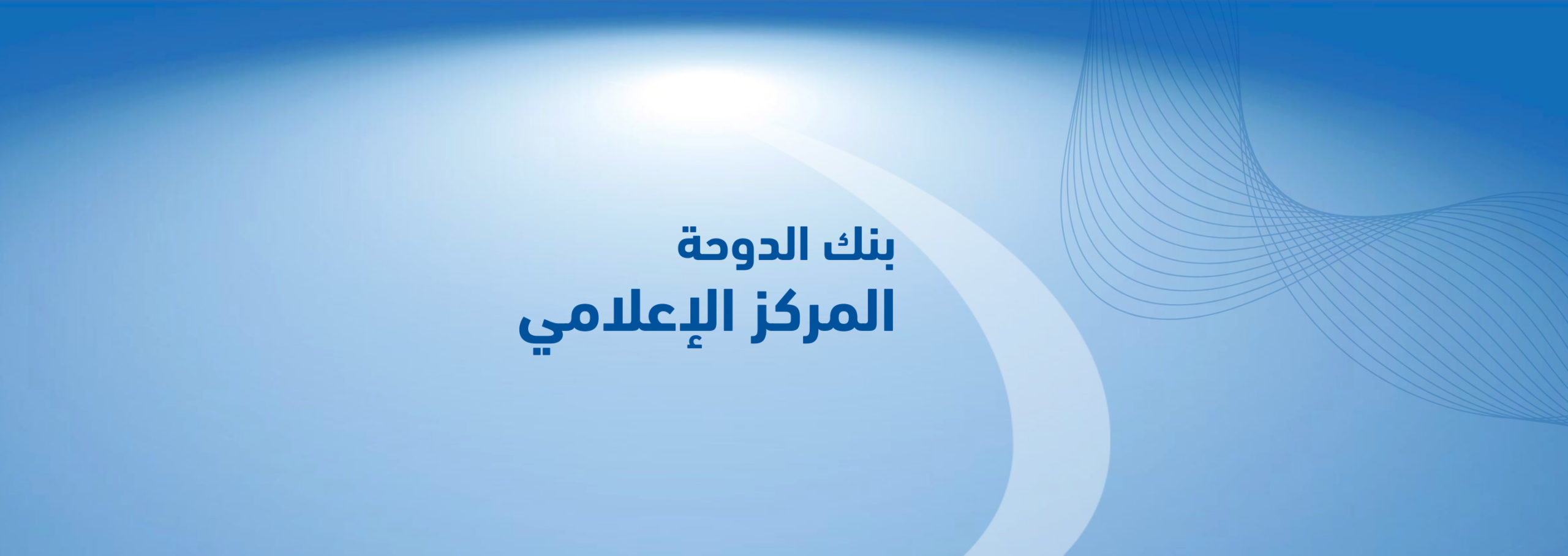Qatar and UK can Leverage on their Relationships to Promote Inclusive Growth
Under the patronage of H.E Sheikh Abdullah Bin Nasser Bin Khalifa Al Thani, Prime Minister and Minister of Interior of the State of Qatar, The National Committee for organizing the Qatar – UK Business and Investment Forum is organizing the Forum’s 8th Edition “Qatar – UK Business and Investment Forum” this month in the United Kingdom. In this regard let me review the key bilateral relationships between Qatar and UK. UK is Qatar’s strategic partner. The UK economy grew by 1.8% in 2016 and is expected to grow by 1.5% in 2017.In March 2017 the Bank of England has held interest rates at their record low amid signs of an internal split emerging about how to tackle rising inflation. Inflation has been rising in recent months, hitting its highest level in more than two years in January at 1.8% on the back of higher oil prices and as the pound’s weakness since the Brexit vote raises the cost of imports to the UK. Qatar economy expected to grow by 3.4% this year and the fiscal account as a percentage is expected to be 7% this year. The Qatar Central Bank (QCB) raised its overnight lending rate by 25 basis points to 5%, clearly tracking the US Federal Reserve, which last Wednesday tightened policy by a similar margin. QCB also announced an increase in its overnight deposit rate by 25 basis points to 1.25%. However, QCB reduced the banks’ required reserve ratio – the amount of money they must hold back from lending as reserves – from 4.75% to 4.5%, with effect from April 1. The bilateral relationships between both the countries is spread across in trade, investment and banking.
UK’s total exports to Qatar amounted to 2.6 billion pounds in 2015, representing an increase of 16% from 2014, while Qatar’s exports to the United Kingdom have doubled to reach 2.7 billion pounds during the same year. UK exports a wide range of products to Qatar including: power generating machinery and equipment, general industrial machinery, road vehicles, general transport equipment, chemicals, luxury goods and scientific equipment. UK export of services includes: professional services, consultancy, banking, insurance and financial services. Britain is the fourth largest exporter to Qatar. In early 2014, the UK introduced a scheme, allowing passport holders from Oman, Qatar and the United Arab Emirates to travel to the UK for a visit of up to 6 months by completing an online form at least 48 hours before departure. On trade and investment UK is the most open trading nation in the world with the support of major investments made by Qatar.
Qatar has a large portfolio of investments in the UK, covering a wide range of investments such as the Shard skyscraper, the Olympic Village, the Shell Centre, the US Embassy in Grosvenor Square, shareholdings in Barclays, Sainsbury’s and BAA, as well as ownership of Harrods departmental store. It has also bought London’s Canary Wharf in 2015, expanding Qatar’s collection of London properties that includes stakes in London’s Savoy Hotel and HSBC tower. Qatar investment authority is the largest shareholder in J Sainsbury Plc. In 2012, the country’s sovereign fund bought a 20% stake in London Heathrow airport and Qatar Airways raised its stake in British Airways owner IAG SA to 20% in 2016.
UK has built significant relationships with Qatar in the hydrocarbon sector. Shell is the largest foreign investor in Qatar. The $18.5bn Pearl GTL, world’s largest gas-to-liquids plant in Ras Laffan, Qatar is based on a proprietary Shell GTL technology. In Feb2011 Centrica, the owner of British Gas, signed a deal in with Qatargas, to buy 2.4mn tonnes of LNG a year. This will meet about 3% of the UK gas needs and about 10% of the kingdom’s residential gas demand. In Oct 2016 Qatargas has signed a five-year liquefied natural gas sale and purchase agreement (SPA) with Petronas LNG UK Limited (PLUK). Under the terms of the SPA, Qatargas will deliver LNG to PLUK until Dec. 31, 2023. The new agreement marks an extension of the company’s current contract, which is due to expire on Dec. 31, 2018.
British companies are also active in Qatar’s infrastructure projects, in particular architectural firms, design, project management and engineering consultancy. Qatar plans to spend significantly for infrastructure for FIFA development. In Qatar Budget 2017, the allocation for infrastructure was 21.2 percent of the total expenditure. Transport and construction are two sectors which will witness significant activity this year. In 2014 British engineering company Pascall Watson won a contract to participate in the development and renovation of the Qatar’s Al Rayyan Stadium jointly with Ramboll and Icon.
Majority of companies in the UK are SMEs so they have a very strong entrepreneurial culture in driving forward because they are the ones who employ people. They can support Qatar to look at various issues where UK have vast experiences. In Nov 2016 twenty-six Qatari Small and Medium Enterprises (SMEs) have been shortlisted to tender for six business opportunities offered by Qatar Development Bank (QDB) and Qatar Shell. The successful SMEs will become part of the supply chain for Pearl GTL, the world’s largest gas-to-liquids plant developed in partnership between Qatar Petroleum and Qatar Shell. UK is working on it’s Brexit negotiations and Qatar‘s economic look’s forward to mitigate the impact from low oil prices. Both the economies can look forward to strengthen their linkages based on their existing relationships on above areas to promote inclusive growth.



